The robots are coming... or are they? The question "Will AI replace software engineers?" sparks debate everywhere. From casual chats to industry panels, opinions vary widely, making many wonder about their future in tech.
While AI excels at automating many tasks - like generating code or finding bugs - it struggles with complex problem-solving and human interaction. This post explores what AI can do and, more importantly, what human engineers must still do.
We'll dive into how AI is changing the job landscape, what skills you need to stay ahead, and current job market trends. Get ready to understand your role in an AI-powered future, focusing on adaptation and growth.
Explore this post with:
Table of contents
Do Software Engineers Fear the AI Invasion?
The opinions of software engineers on AI's potential to replace them are as varied as the code they write. Some, dubbed the Doom Prophets, worry that as AI tools advance, job security will vanish, especially for mid-level roles. As noted by Mark Zuckerberg, AI could streamline coding tasks, leading to fears of obsolescence among those who primarily focus on repetitive tasks.
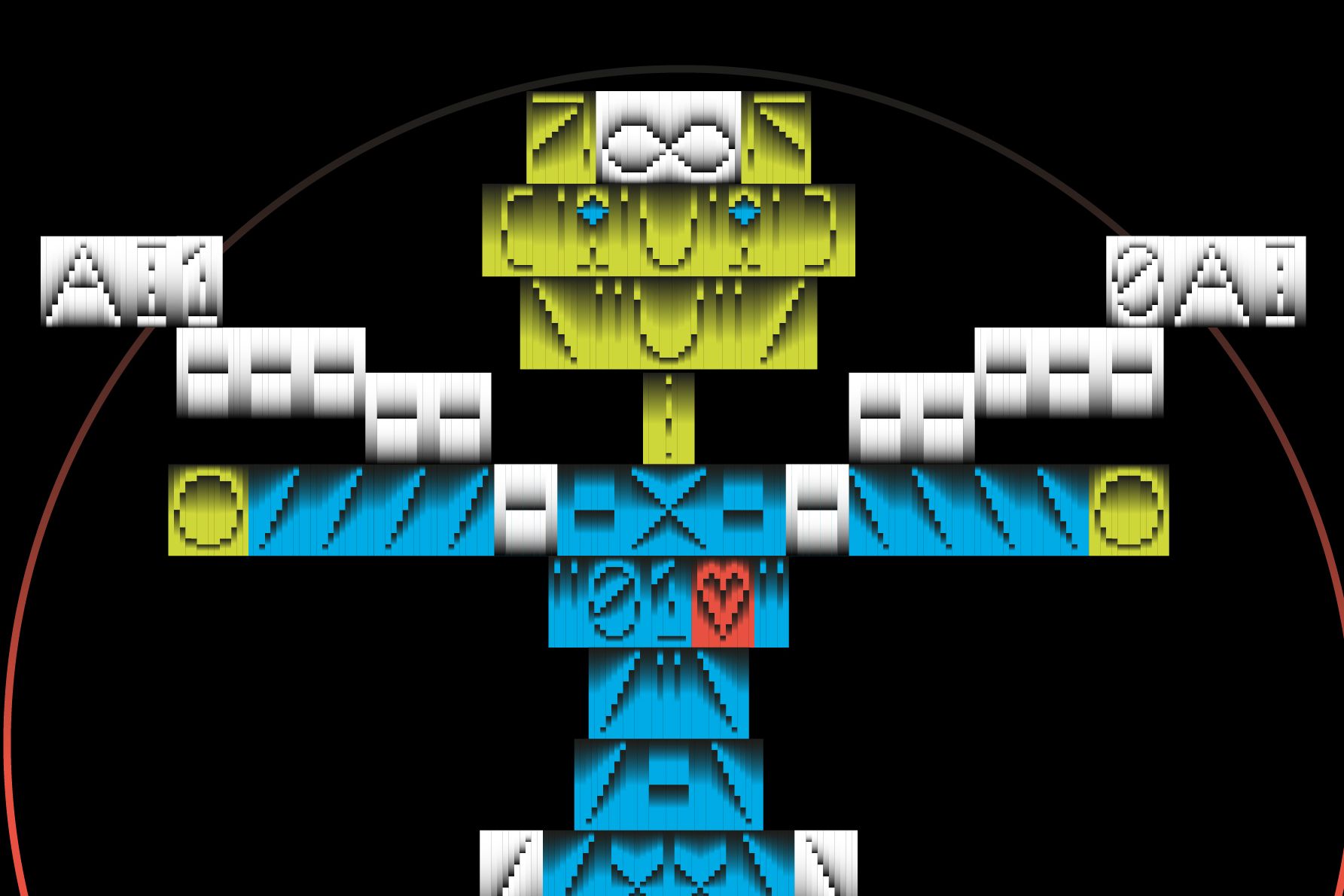
Credits: Wired.com
On the other hand, a significant number of engineers take a more optimistic view, labeling themselves Realists. They see AI as a force multiplier that automates mundane tasks, allowing them to concentrate on creative problem-solving and more complex coding challenges. According to insights from Wired, this perspective reflects a broader belief that while AI will transform their roles, it will not eliminate the need for skilled humans in the software development process.
Finally, there's a group of Skeptics who point out AI's limitations in understanding context and nuance in code. They stress that tasks like interpreting vague requirements and integrating various components require human intuition and creativity, which AI lacks. As highlighted in a recent article from Gartner, the consensus among engineers is clear: AI will enhance but not replace the unique capabilities of software engineers.
What parts of Software Engineer jobs will AI replace?
AI is stepping into the world of software engineering, particularly by automating repetitive tasks. For instance, AI can generate code snippets and assist with bug detection, allowing engineers to focus on more complex problem-solving and creative tasks. A study showed that developers using AI coding assistants experienced a 26% productivity increase while automating test case generation and documentation tasks (Source).
Moreover, AI-driven tools can transform processes such as testing and project management. By automating the generation of test cases and analyzing past project data, AI can streamline quality assurance and resource allocation. However, while AI handles these tasks, human engineers remain essential for interpreting nuanced project specifications and ensuring software meets human-centered design requirements (Source).
Why Software Engineers Remain Accountable
Software engineering isn't just about writing code; it's about tackling diverse, tricky problems that need a human touch. While AI can handle repetitive coding, it struggles with the messiness of real-world scenarios and the unique needs of users. Engineers act as architects and innovators, using critical thinking to design solutions and adapt to new challenges, a skill AI doesn't yet master according to Silas Ogar on LinkedIn.
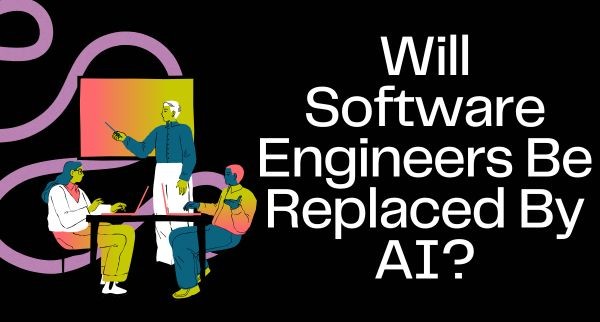
Credits: Silas Ogar on LinkedIn
Beyond coding, engineers make nuanced decisions involving product strategy, user impact, and maintenance trade-offs. This high-level reasoning and judgment across different business domains is a distinctly human trait, as Nicholas Charriere explains on LinkedIn. Collaboration, communication, and empathy are also key for team projects, code reviews, and client interactions, aspects AI cannot replicate.
Instead of replacing roles, AI will transform how software engineers work, acting as a powerful tool to boost productivity and innovation. Gartner research highlights that reports of engineers' demise are "greatly exaggerated," emphasizing that human expertise remains paramount. Engineers who learn to use AI tools will likely become even more valuable, focusing on strategic and creative tasks.
Career pivot for Software Engineers in the AI era
As artificial intelligence (AI) becomes more prevalent, the role of software engineers is set to evolve significantly. While some traditional coding tasks may become automated, AI opens up new opportunities for those who adapt. Engineers will need to integrate AI into their development processes, utilize AI for rapid software prototyping, and enhance productivity by leveraging machine learning tools. As highlighted in The Future of Software Engineering in an AI-Driven World, understanding AI technologies will be key to collaborating effectively with AI systems.
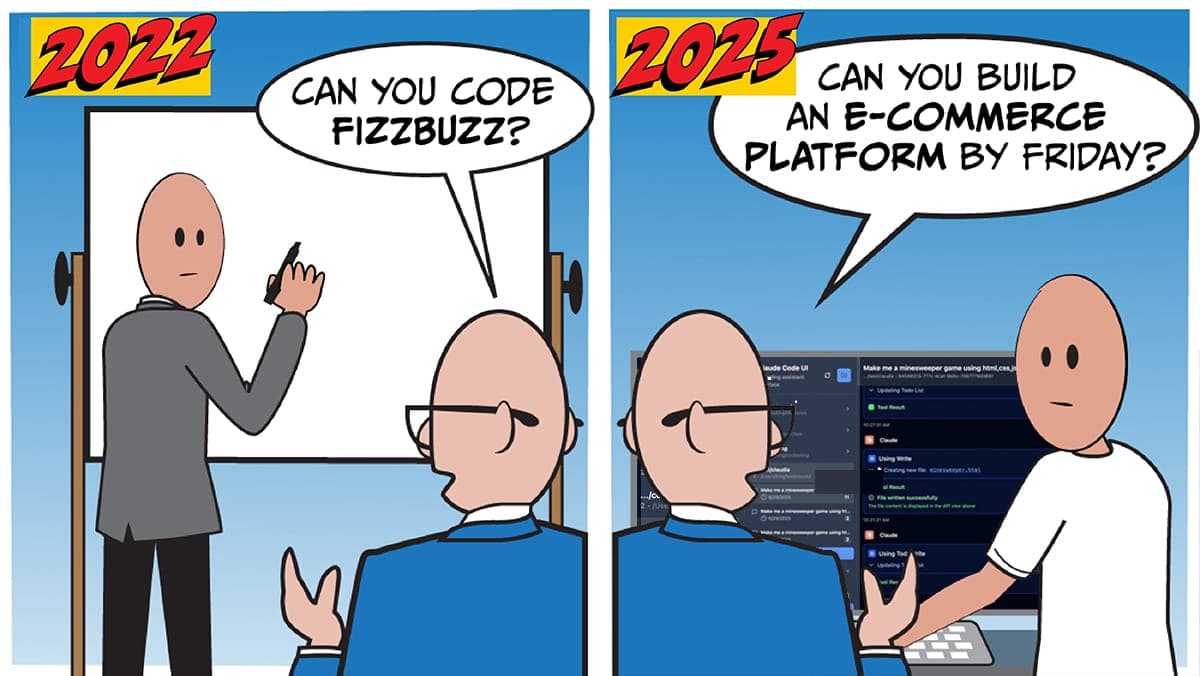
Credits: Deep Learning AI
To thrive in this AI era, software engineers should focus on AI literacy and continuous learning. This involves familiarizing themselves with AI frameworks and ethical considerations, as discussed in AI Literacy White Paper. Engineers should also develop soft skills such as communication and collaboration, which are essential when working with AI and cross-functional teams. By doing so, they can pivot effectively to roles that require human insight and creativity, ensuring they remain valuable in an increasingly AI-driven landscape.
Software Engineer Hiring Trends in the US
As of 2025, the software engineering job market in the United States is showing a steady recovery. According to MEV's August 2025 report, the sector is expected to grow by 17% from 2023 to 2033, adding approximately 327,900 new jobs. This growth is significantly outpacing the average employment expansion across all fields, indicating strong demand for software engineers.
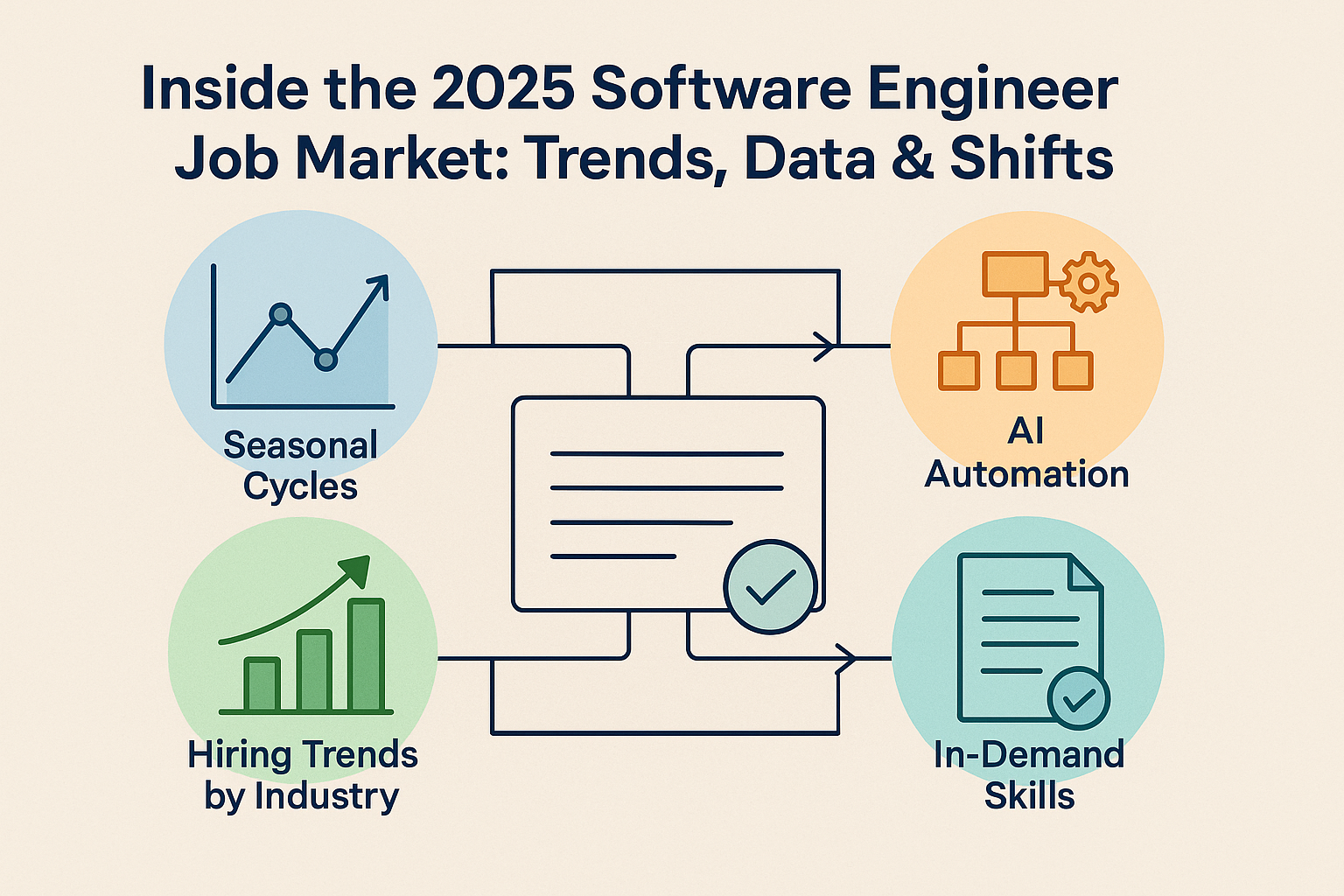
Credits: Aura Intelligence
The demand for positions requiring AI skills is particularly noteworthy, with 50% of current tech job postings including this requirement according to the Dice Tech Job Report. The increase in AI-related job roles reflects the industry's shift towards integrating advanced technologies. Despite this, companies are increasingly selective, focusing on hiring experienced professionals, especially those with specialized skills in AI and cloud computing.
Job availability fluctuates with seasonal hiring patterns, peaking in January and October, as reported by Aura Intelligence. These cycles are tied to budget allocations and project initiations, indicating a stable yet competitive job market for software engineers. As more firms invest in digital transformation and AI-driven projects, the need for qualified software engineers remains high.
Is Software Engineer AI safe?
The role of software engineers is facing a transformative moment due to AI advancements. While many entry-level positions might be at risk of automation, particularly tasks like basic coding and bug detection, the comprehensive skills required for software development are unlikely to be fully replaced. As highlighted in Gartner's research, AI tools enhance productivity but cannot replicate the creativity and problem-solving abilities that engineers bring to complex projects.
Software engineers are encouraged to adapt by learning to leverage AI effectively and shift their focus towards more strategic roles. This includes integrating AI for rapid prototyping and enhancing collaboration across projects. As discussed in Azar's analysis, engineers who evolve into T-shaped professionals—combining deep technical skills with broader knowledge in areas like design and user experience—will remain highly relevant in the future job market.
In summary, while AI will automate some tasks within software engineering, the profession isn't going anywhere. As AI enhances workflows, engineers who embrace continuous learning and skill diversification will thrive, transforming challenges into opportunities for innovation.
Hiring Software Engineers? Here's What to Look For
In today's AI-driven world, the skills required for software engineers are evolving fast. Gone are the days when knowing just algorithms and data structures was enough. Now, recruiters should look for candidates with a knack for AI tools and problem-solving. Engineers should be proficient in using AI technologies like GitHub Copilot and understand how to integrate AI into real-world projects. This ensures they're not only able to code but also leverage AI to build better, more innovative solutions.
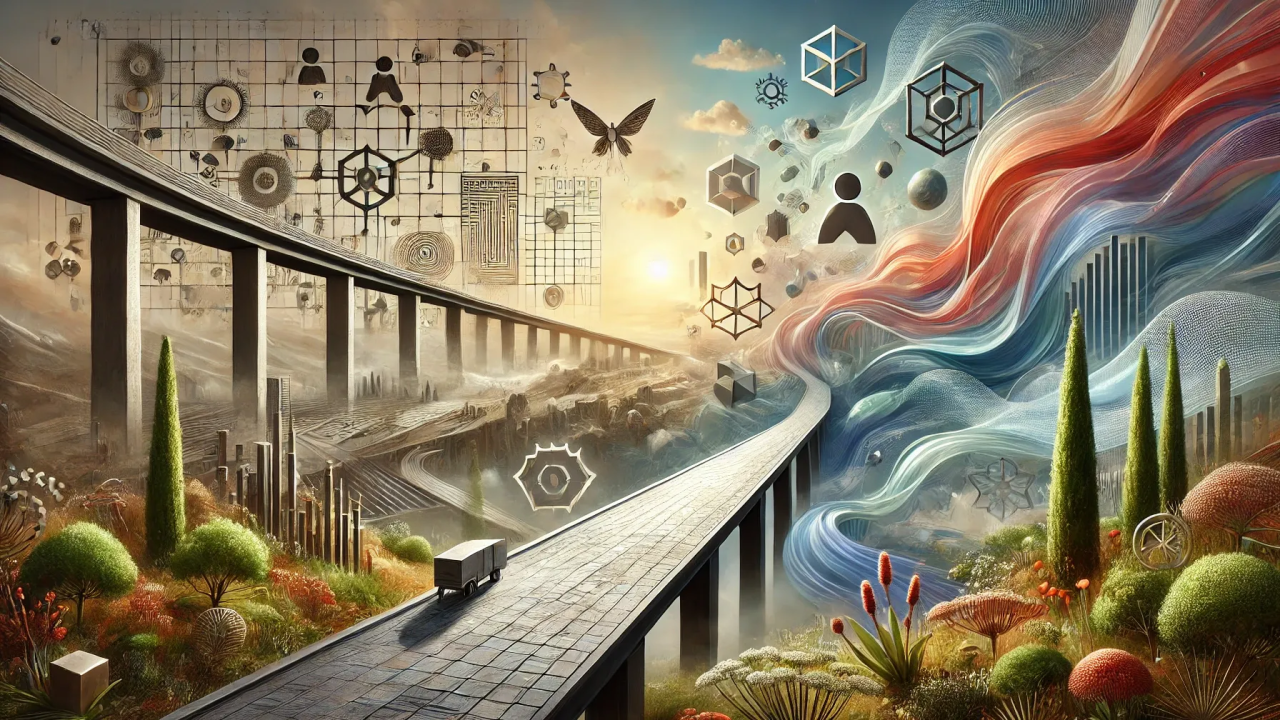
Credits: LinkedIn
Screening candidates can be a daunting task, but Adaface tests make it easier. They provide a way to assess not just technical skills but also how candidates apply their knowledge in practical settings. For instance, the Prompt Engineering Test is perfect for evaluating how well candidates can create structured prompts for AI models. Another essential test is the Generative AI Test, which focuses on understanding AI models and their applications.
Prompt Engineering Test
Generative AI Test
AI: Empowering the Future of Software Engineering
Looking ahead, AI presents a thrilling horizon for software engineers and those hiring them. Far from being a threat, AI is a catalyst for innovation and creativity, empowering engineers to focus on strategic aspects of software development. As illustrated in this Coursera article, AI tools enhance productivity by automating routine tasks, allowing engineers to tackle more complex challenges.
For employers, this means access to a more efficient and innovative workforce, ready to harness AI's potential. Engineers can now collaborate with AI to develop faster and smarter solutions, fostering a culture of resilience and adaptability. As documented by Gartner, AI is viewed as a tool that augments human capabilities, ensuring that the human touch remains central in software innovation.
Ultimately, the future is bright for software engineers who embrace AI. By leveraging these technologies, they can drive groundbreaking solutions and elevate their roles to new heights. The integration of AI will not only redefine how software is developed but also inspire the next wave of technological advancements. The journey ahead is one of collaboration between human ingenuity and AI prowess, promising a dynamic and exciting future in software engineering.

40 min skill tests.
No trick questions.
Accurate shortlisting.
We make it easy for you to find the best candidates in your pipeline with a 40 min skills test.
Try for freeRelated posts



